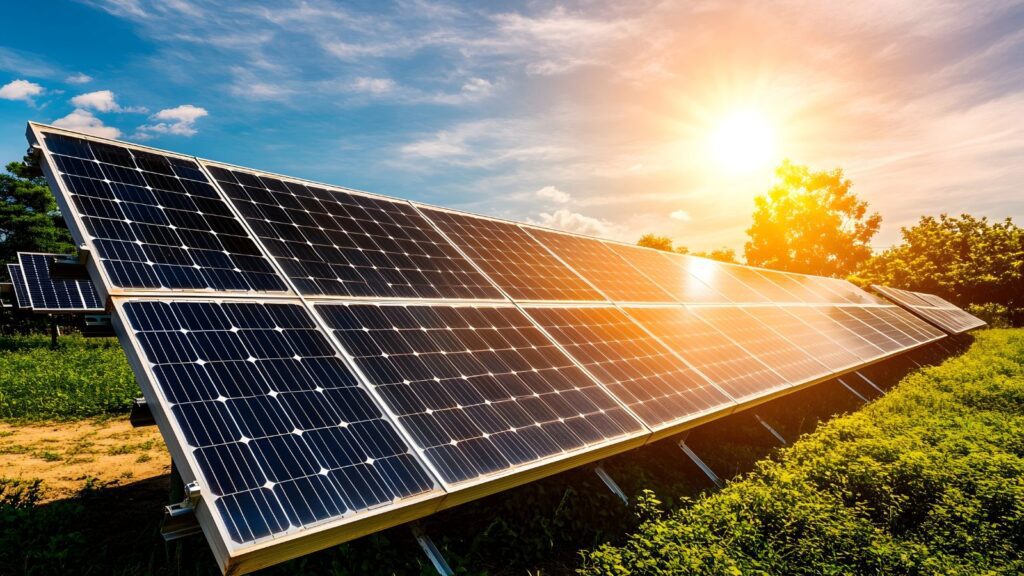Last week, the 16th annual Banking on Climate Chaos report was released, and it contained some staggering details about the amount of money being funnelled into fossil fuels by financial institutions in 2024.
The Headlines:
- In 2024, the world’s 65 largest banks provided $869.4 Billion USD financing to fossil fuel companies
- $429 billion USD of this money went to companies actively expanding fossil fuel production and infrastructure in 2024
- Two-thirds of banks in the report increased their fossil fuel financing from 2023-2024
Globally, this paints an alarming picture. 2024 was the hottest year on record, and extreme weather events linked to climate change caused over $8 billion in insurance costs in 2024. Meanwhile, banks poured more money than ever into climate destructive fossil fuels.
Canadian banks fared particularly poorly:
- Canadian banks provided $134.9 billion to fossil fuel companies in 2024 – a 24 per cent increase from 2023
- This equates to roughly $369 USD million – or half a billion Canadian dollars – every single day
- $54 billion went to companies actively increasing their fossil fuel production, up 12 per cent from the previous year.
- All five of Canada’s big banks rank among the top twenty fossil fuel financiers globally
- TD Bank showed the most dramatic increase, raising its fossil fuel financing by nearly 50 per cent and its expansion financing by 63 per cent
Expansion financing refers to money a company uses to grow: for instance through launching new products, new production and entering new markets
This outpouring of finance is going straight into the coffers of fossil fuel companies. Here in Canada, three major infrastructure projects received large sums of financing in 2024.
Cedar LNG is a proposed floating liquified natural gas (LNG) export facility that is due to be built in Kitimat, British Columbia. This project received $3.2 billion from 10 banks.
Woodfibre LNG is another floating LNG export facility that is planned to be built in Squamish, BC and it received $1.3 billion in 2024.
Coastal Gaslink is an operating pipeline running 670 km between Dawson Creek and Kitimat. It faced extensive backlash from the Wet’suwet’en Nation as the project ran through their territory without consent. Initially the project was estimated to cost $6.4 billion but this ballooned to $14.5 billion by the end of construction. In 2024, the pipeline received a further $5 billion in financing!
Together, these three projects will increase British Columbia’s emissions, jeopardize provincial climate goals, and increase electricity costs for Canadians.
The 2024 Banking on Climate Chaos findings once again demonstrate that vague, voluntary commitments from banks are failing to deliver results. To turn the tide on the increasing flow of financing to fossil fuel companies, we need robust financial regulations, and not more empty promises. We urge the new government to implement comprehensive climate-aligned financial regulations, including mandatory net-zero transition plans for all financial institutions and transparent disclosure of climate risky investments. It is time we fund solutions, not pollution.








